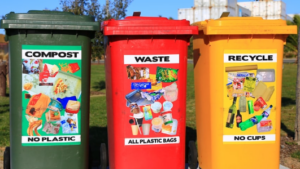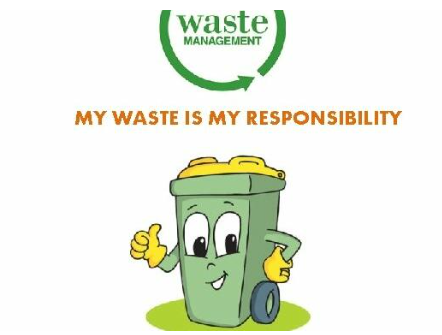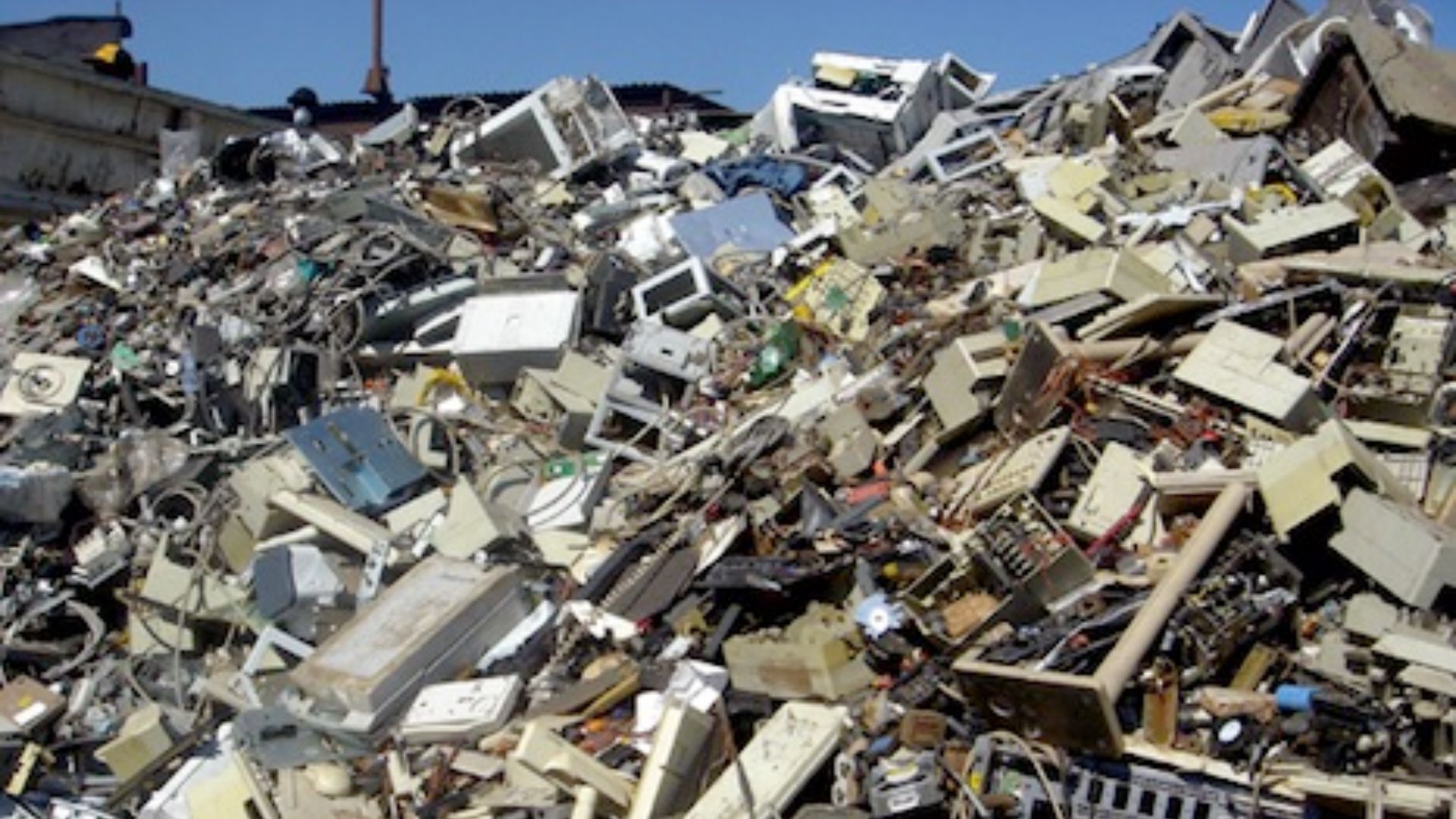In today’s world, where industrialization and urbanization continue to shape our landscapes, the issue of waste management has become a pressing concern. The rapid increase in population and consumption has led to an unprecedented surge in waste production, which, if not properly managed, poses severe threats to our environment, public health, and the well-being of future generations. To tackle this challenge, we must recognize that waste management systems is not the sole responsibility of government bodies or private corporations. It is a collective responsibility that demands the active participation of individuals, communities, and industries.

Waste management encompasses a range of activities, from collection and disposal to recycling and reusing, aimed at reducing the environmental impact of waste. It is a complex process that involves various stakeholders, each with a vital role to play. Here’s why waste management should be viewed as a shared duty:
Environmental Conservation
Our environment suffers when waste is irresponsibly discarded. Landfills and incineration not only consume valuable land and resources but also emit harmful greenhouse gases. By responsibly managing waste, we can reduce pollution, conserve natural resources, and protect ecosystems.
Public Health
Improper waste disposal poses health risks. Piles of waste can harbor disease-carrying vectors and contaminate water sources. By participating in waste reduction and segregation, individuals can reduce health hazards in their communities.
Resource ConservationAdditionally, many items we throw away can be recycled or repurposed. When we recycle, we reduce the need to extract and process raw materials, saving energy and reducing the overall environmental footprint of goods production.
Economic Benefits
Implementing efficient waste management practices can create jobs and stimulate local economies. For instance, recycling programs provide employment opportunities and generate income through the sale of recyclable materials.
Energy Savings
Incineration of waste produces energy, but it is often an energy-intensive process. Furthermore, reducing waste and focusing on recycling can lead to energy savings and contribute to a more sustainable future.
Mitigating Climate Change
Reducing waste and recycling can help lower greenhouse gas emissions. Landfills and incineration are significant contributors to climate change, and reducing their use is essential to combat global warming.
Now that we understand the importance of collective responsibility in waste management, let’s explore practical steps individuals, communities, and industries can take:
Individual Responsibility:
Reduce, Reuse, Recycle
Adopt the “3 Rs” principle in daily life. Reduce waste by being mindful of what you buy. Reuse items when possible, and recycle materials like paper, plastic, glass, and metal.
Composting
Composting kitchen scraps and yard waste can divert a significant portion of waste from landfills and enrich soil for gardening.
Proper Disposal
Dispose of hazardous waste like electronics and chemicals through designated collection programs to prevent environmental contamination.
Community Engagement:
Community Cleanup
Organize or participate in local cleanup events to remove litter and improve the overall appearance of your neighborhood.
Education and Awareness
Educate your community about the importance of waste management through workshops, seminars, and campaigns.
Support Local Initiatives
Back local waste management initiatives and encourage local businesses to adopt sustainable practices.
Industrial Responsibility:
Waste Minimization
Industries can adopt waste reduction strategies, like lean manufacturing and design for disassembly, to minimize waste generation.
Recycling Programs
Implement in-house recycling programs to handle materials like paper, cardboard, and plastics efficiently.
Eco-Friendly Packaging
Utilize eco-friendly packaging materials to reduce the environmental impact of product packaging.
Conclusion
In conclusion, waste management is a shared responsibility that extends beyond governments and corporations. Therefore, individuals, communities, and industries all have vital roles to play in preserving our environment and ensuring the well-being of present and future generations. By practicing responsible waste management, we can reduce the impact of waste on the environment, improve public health, conserve resources, and support a more sustainable and prosperous future for all. Let’s come together and embrace our collective responsibility in managing waste for a cleaner and greener planet.



